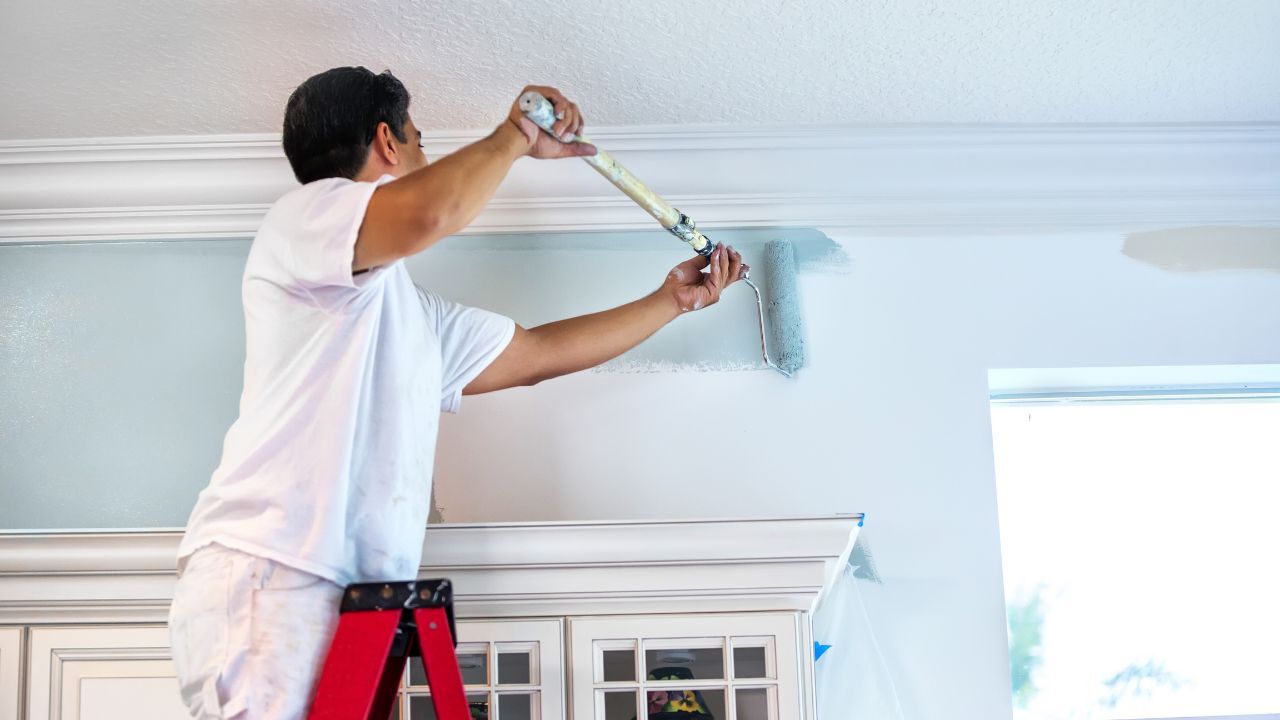 Most buyers focus intensely on the house itself. Bedrooms, finishes, layout, and upgrades dominate attention. But long-term satisfaction often has less to do with the house and more to do with the immediate block around it.
Most buyers focus intensely on the house itself. Bedrooms, finishes, layout, and upgrades dominate attention. But long-term satisfaction often has less to do with the house and more to do with the immediate block around it.
Micro Location Matters More Than You Think
Two homes in the same general area can feel completely different depending on their exact location. A home near a neighborhood entrance may experience more traffic. A property backing to open space may feel quieter. Corner lots, cul de sac positions, and homes near shared amenities each create a different daily experience.
Observe the Rhythm of the Street
Visit multiple times of day. Morning routines, afternoon parking patterns, evening noise levels, and weekend activity can reveal the personality of the block. Are people outside? Are vehicles consistently parked along curbs? Do neighbors maintain exterior spaces? These subtle signals shape your lifestyle.
Future Development Signals
Look for vacant lots, aging structures, or visible renovation activity nearby. These clues may suggest future construction or revitalization. Understanding whether the block is stable, transitioning, or heavily improving can help you anticipate long term value shifts.
Community Chemistry
Block level culture matters. Some streets are quiet and private. Others are socially active and connected. Neither is right or wrong. The key is alignment with your personality and daily habits.
When you purchase a home, you are also choosing the environment directly outside your front door. Evaluate the block with as much care as you evaluate the kitchen. Satisfaction often lies just beyond the property line.
 In the ever-evolving landscape of real estate, an increasing number of investors and homebuyers are recognizing the importance of sustainability and eco-friendliness. Green real estate, which encompasses properties designed with a focus on environmental efficiency and resource conservation, is gaining prominence as a smart and responsible investment. This blog explores the key aspects of green real estate and why it is becoming an attractive option for consumers.
In the ever-evolving landscape of real estate, an increasing number of investors and homebuyers are recognizing the importance of sustainability and eco-friendliness. Green real estate, which encompasses properties designed with a focus on environmental efficiency and resource conservation, is gaining prominence as a smart and responsible investment. This blog explores the key aspects of green real estate and why it is becoming an attractive option for consumers. When it is time to sell your home, you do not always need major renovations to impress buyers. In fact, many small, affordable upgrades can create a big impact on your home’s resale value. As real estate professionals, we often see buyers fall in love with homes that simply feel updated, welcoming, and well cared for. With the right improvements, you can boost your home’s appeal and stand out in a competitive market without spending a fortune.
When it is time to sell your home, you do not always need major renovations to impress buyers. In fact, many small, affordable upgrades can create a big impact on your home’s resale value. As real estate professionals, we often see buyers fall in love with homes that simply feel updated, welcoming, and well cared for. With the right improvements, you can boost your home’s appeal and stand out in a competitive market without spending a fortune. Selling your home is a major milestone, and preparation plays a key role in achieving a strong result. Buyers form opinions quickly, and thoughtful updates can influence both interest and offers. These steps help position your home to appeal to today’s buyers while maximizing value.
Selling your home is a major milestone, and preparation plays a key role in achieving a strong result. Buyers form opinions quickly, and thoughtful updates can influence both interest and offers. These steps help position your home to appeal to today’s buyers while maximizing value. For many homeowners, pets are family, so it is natural to want a home that works for both humans and furry friends. The good news is that pet-friendly design does not have to compromise style or hurt resale value. In fact, many upgrades that make life easier for pets also appeal to future buyers.
For many homeowners, pets are family, so it is natural to want a home that works for both humans and furry friends. The good news is that pet-friendly design does not have to compromise style or hurt resale value. In fact, many upgrades that make life easier for pets also appeal to future buyers. Finding a home with a low price can feel exciting, especially in a competitive market. However, the lowest priced home on the block is not always the best value. While it may seem like a smart way to save money, the true cost often becomes clear only after you look deeper. Understanding the risks and hidden factors can help you avoid a purchase that may cost more in the long run.
Finding a home with a low price can feel exciting, especially in a competitive market. However, the lowest priced home on the block is not always the best value. While it may seem like a smart way to save money, the true cost often becomes clear only after you look deeper. Understanding the risks and hidden factors can help you avoid a purchase that may cost more in the long run.